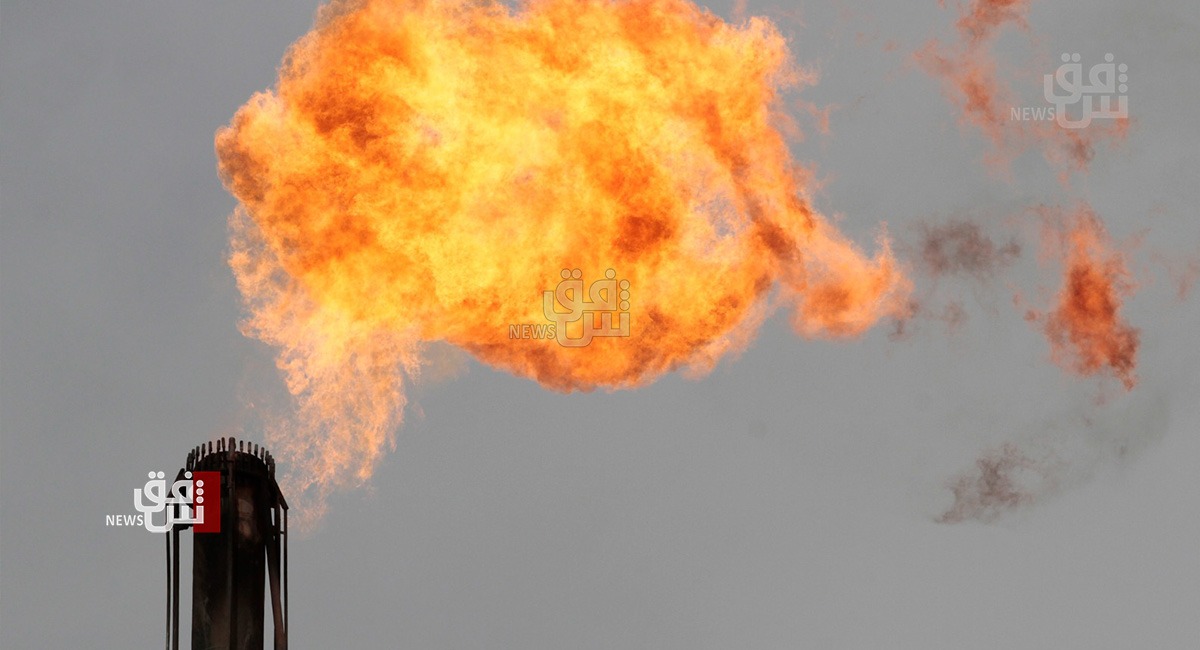Exclusive: US calls on Baghdad to negotiate quickly: Iraq’s independence from Iranian influence comes through Kurdistan’s gas
 The US State Department considered, on Thursday, that the recent agreements concluded by the Kurdistan Regional Government with American companies to develop natural gas production constitute an important step towards addressing the chronic imbalance in the Iraqi energy sector, calling on Baghdad and Erbil to urgently coordinate to accelerate project implementation and enhance Iraq’s energy independence.
The US State Department considered, on Thursday, that the recent agreements concluded by the Kurdistan Regional Government with American companies to develop natural gas production constitute an important step towards addressing the chronic imbalance in the Iraqi energy sector, calling on Baghdad and Erbil to urgently coordinate to accelerate project implementation and enhance Iraq’s energy independence.
A ministry official told Shafaq News Agency, “The United States believes that Iraq will be more stable and sovereign by achieving energy independence and distancing itself from Iran’s harmful influence.”
He added, “The agreements recently signed by Kurdistan Regional Government Prime Minister Masrour Barzani with American companies to expand natural gas production in Iraqi Kurdistan support this goal,” noting that “these projects, whether in the region or across the rest of the country, are in the interest of all Iraqis, especially in light of the ongoing electricity crisis.”
The US official continued, “We encourage Baghdad and Erbil to work together to begin gas production as soon as possible.”
The Kurdistan Regional Government announced the signing of two agreements with American companies HKN Energy and WesternZagros to develop the Miran and Topkhana-Kurdimir fields in Sulaymaniyah Governorate, with a total value estimated at approximately $110 billion, in one of the largest deals in the region’s energy sector.
The agreements aim to exploit natural gas resources more widely to meet the region’s and Iraq’s electricity needs and reduce reliance on Iranian gas imports.
The move sparked protests from the federal government in Baghdad, with the Iraqi Oil Ministry describing the agreements as “null and void,” noting that natural resource management falls solely within the purview of the federal government.
Investment efforts in Iraq’s energy sector face recurring legal and political challenges, given the absence of a federal law regulating the management of natural resources between the central government and the region.
The energy crisis is one of the most significant challenges facing Iraq, with most of the population suffering from frequent power outages, which worsen during the summer months. Iraq relies heavily on gas imported from Iran, at a time when supplies are affected by political and economic factors, most notably regional tensions and mounting debt issues.
Relations between Baghdad and Kurdistan have recently become strained, particularly after the signing of the gas contract with Washington. The Iraqi Ministry of Finance announced it would halt funding for the salaries of Kurdistan Region employees until May 2025, citing the region’s exceeding its budget share and its failure to deliver oil and non-oil revenues to the federal government.
In contrast, the Kurdistan Regional Government (KRG) considered the decision politically motivated and a violation of the constitution and Federal Court rulings. The KRG asserted that Baghdad had failed to honor its financial commitments despite Erbil’s previous commitments, and that the decision directly impacts more than 1.2 million employees ahead of Eid al-Adha.
Shafaq.com
